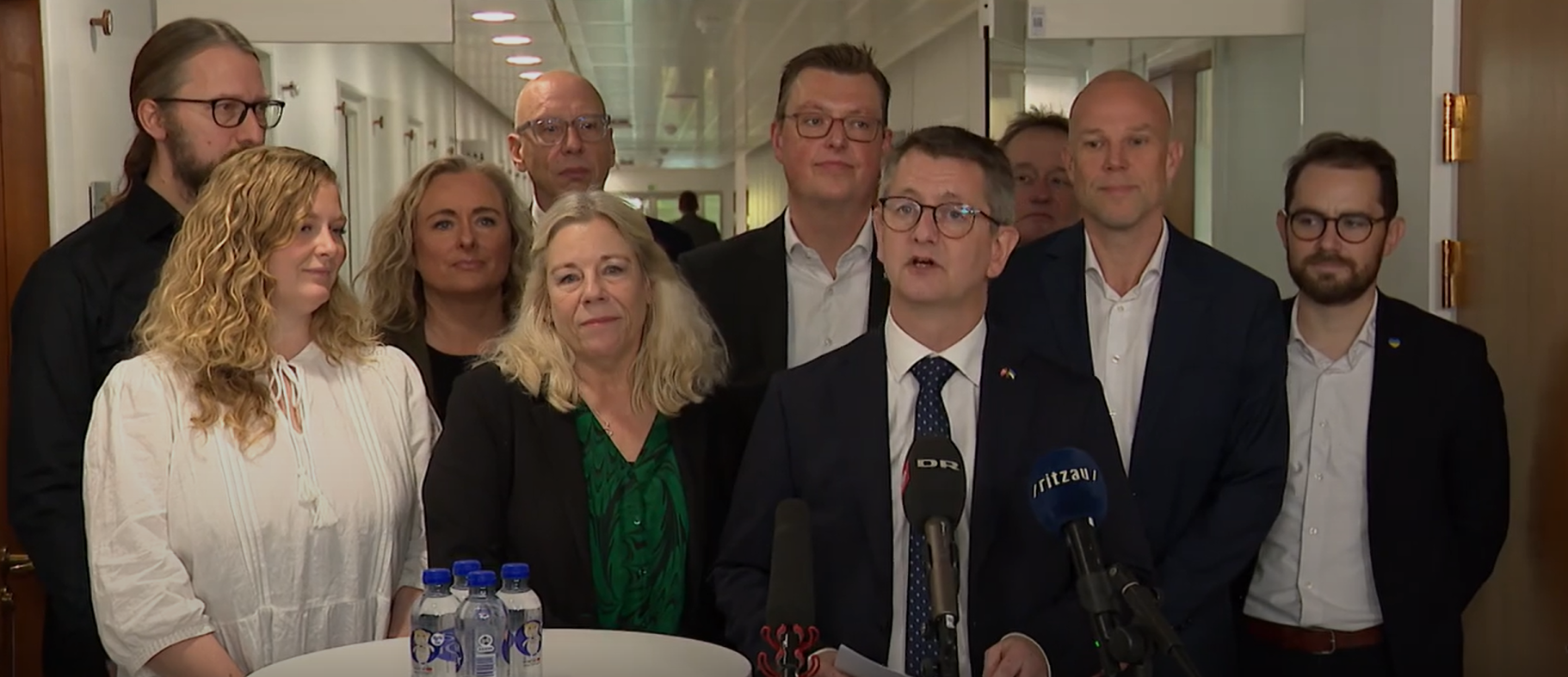The defence minister, Nick Hækkerup (Socialdemokraterne), said this week that Denmark has an ethical and moral responsibility to the Afghan interpreters who were employed by the Danish military.
Hækkerup, who has previously ruled out offering asylum for the intepreters, said that he would intensify the dialogue with the US and Britain in order to ascertain how to secure the welfare of the 195 interpreters who have worked for the Danish forces in the Helmand province since 2008.
“We need to understand the fundamental reality that we have promised we will not forsake the interpreters that the Danish forces utilised while in Afghanistan,” Hækkerup told parliament this week.
Denmark has used interpreters contracted by the British defence’s ‘Labour Support Unit’ and the US firm ‘Mission Essential Personnel’, meaning that Denmark has no legal responsibility to the interpreters after allied forces pull out next year.
Hækkerup told parliament that British authorities have asked Denmark to help co-ordinate the handling of the interpreters and, while it is ultimately a parliamentary decision, it looks as though the Danes will co-operate.
“When we have enjoyed a fruitful cooperation as we have with the British forces, then it would be odd to reject their request to co-ordinate on the interpreters,” Hækkerup said.
Hækkerup came under fire last week after a report from the military’s Chief of Defence, Peter Bartam, contradicted Hækkerup's claim that no Afghan interpreters working with the Danes had been killed. The report revealed that five interpreters were killed and 12 others injured while working with Danish forces.
Yet, the governor of Helmand province, Mohammad Naim Kahn, who is visiting Denmark at the moment, contends that the interpreters are not very vulnerable to potential Taleban reprisal attacks.
“I’m not saying that there are no security problems, but the interpreters are not in much danger. It is primarily Afghan security forces and high-level officials that the Taleban target,” Kahn told Berlingske newspaper.
Kahn’s statement conflicts with what former Afghan interpreter, Fareed Ahmad Kabeer, told The Copenhagen Post recently. Reports from the UN and the Danish Immigration Service have also concluded that Afghans who co-operate with NATO forces are particularly under threat from the Taleban.
Furthermore, a report from the Danish Defence Command, Forsvarskommandoen, said that the defence is aware of several instances of interpreters being threatened.
Forsvarskommandoen has also noted that the British Labour Support Unit has in a number of cases recommended interpreters who have worked for them to change their place of residence due to a risk of reprisal.
At the moment, Britain and Sweden are among the countries deciding what to do with their Afghan interpreters, while Norway has given its interpreters the opportunity to apply for asylum at the Norwegian Embassy in Kabul. That initiative has led to 21 Afghan interpreters and their families being granted asylum in Norway in February alone.
The interpreter issue is coming to a head sooner than anticipated, largely thanks to Denmark’s decision to pull out its troops by August this year, a year ahead of the original plan.











